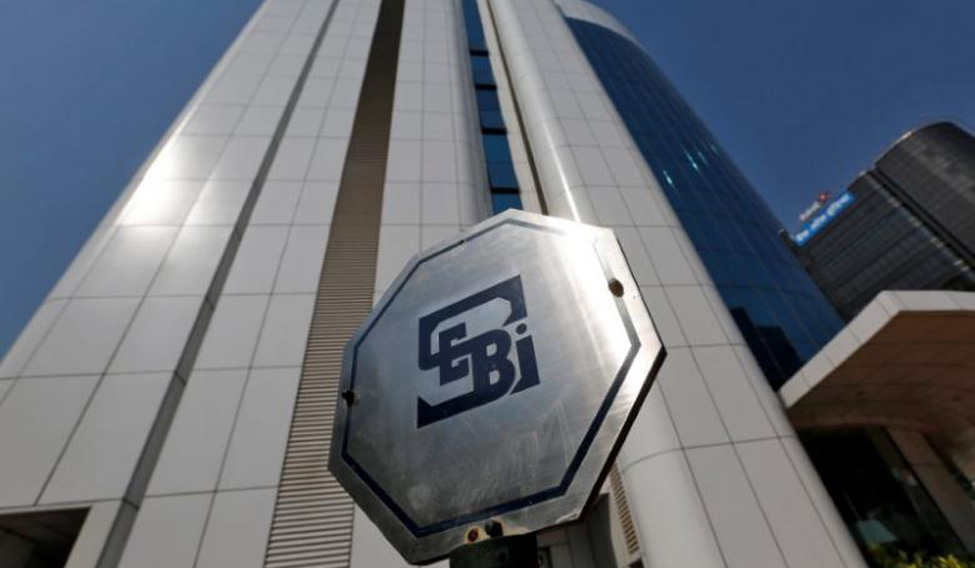The probe into alleged lapses in high-frequency trading and preferential access given to some brokers through NSE's co-location services seems to be gathering pace. This week, the Securities and Exchange Board of India said it will rope in a forensic regulator to aid in the investigation. This follows show cause notices that were issued by SEBI to the exchange and some of its senior officials.
SEBI is also looking into whether there was connivance between employees of the exchange and brokers for unfair gains. The Reserve Bank of India is looking into possible impact on the exchange traded currency and derivative market.
The people who were issued show cause notices include Chitra Ramakrishna, former MD and CEO; and Ravi Narayan, vice chairman (who recently quit).
Consulting firm Deloitte had already conducted an independent probe in 2016, finding lapses in high-frequency trading and co-location services. This year, another consulting firm EY was hired to audit trading in currency and cash equity segments. This report by EY is expected to be submitted this month.
NSE has been mired in controversies, which were disclosed by a whistle-blower through a letter to SEBI in 2015, highlighting issues at NSE's co-location facilities.
Co-location means the server of the particular broker is located within the premises where the exchange's datacentre is located, for a fee. This helps in faster data movement. NSE launched co-location services in 2010.
NSE hired consulting firm Deloitte to conduct an independent audit and lapses were found, which were acknowledged by the exchange in its draft red herring prospectus, which was issued last year, in connection with a proposed Initial Public Offering (IPO).
“The system architecture of the company’s TCP-IP based TBT (tick-by-tick) system was prone to manipulation. The independent agency’s analysis highlighted trends for certain periods where a few stock brokers appear to be the first to connect to specific servers significantly more often than others,” NSE had disclosed in the DRHP.
Deloitte's review had also pointed out potential preferential treatment meted out to a few members. One particular stock broker almost consistently connected first to the fall back or secondary server during the period from December 10, 2012 to May 30, 2014 and this may not have been possible without the knowledge of certain employees, who did not take any action despite consistent connections to the fall back servers against protocol, the audit had found.
Lack of documented policies and protocols with respect to the functioning of the high-speed algo trading system were also found.
Matters got cloudy when Chitra Ramakrishna, the CEO and MD of NSE unexpectedly quit citing personal reasons in December 2016. Earlier this month, Ravi Narain, vice chairman and one of the founding members of NSE in 1992, left the exchange amid the SEBI probe.
The exchange didn't respond to queries raised by THE WEEK on steps it has initiated to address the issues raised by the Deloitte probe.
Sources aware of the developments say more focus is now being given on following proper procedures and people are also being made more accountable.
“There has been a lot of policy and procedure strengthening and proper policies have now been written down with regards to the co-location facilities and algo-trading,” the source said.
Even as the issues are being addressed, the SEBI probe and exit of key personnel have cast a shadow on NSE's proposed initial public offering of shares. The IPO, which is expected to be the largest since Coal India's Rs 14,500 crore public float in 2010, was planned to give an exit route to some of NSE's existing shareholders. But there is no clarity yet as to when it will hit the market.
NSE chairman Ashok Chawla had said recently that he was hopeful of the IPO by the end of calendar 2017. However, SEBI chief Tyagi had said the issue would take time since the co-location issue had to be sorted out.
Earlier this month, the market regulator cleared the appointment of Vikram Limaye, MD, IDFC, as the new MD and CEO of NSE on the condition that he will be relieved from the Supreme Court-appointed committee that is running India's cricket board.
Limaye's appointment was cleared more than three months after his selection for the post by NSE. He will be the first CEO and MD from outside the founding members of NSE.
He is likely to take charge at NSE some time in July, but clearly he will have lot on his plate from day one. He will have to guide the exchange through the various investigations that are underway against the exchange and also ensure smooth sailing of the IPO.






